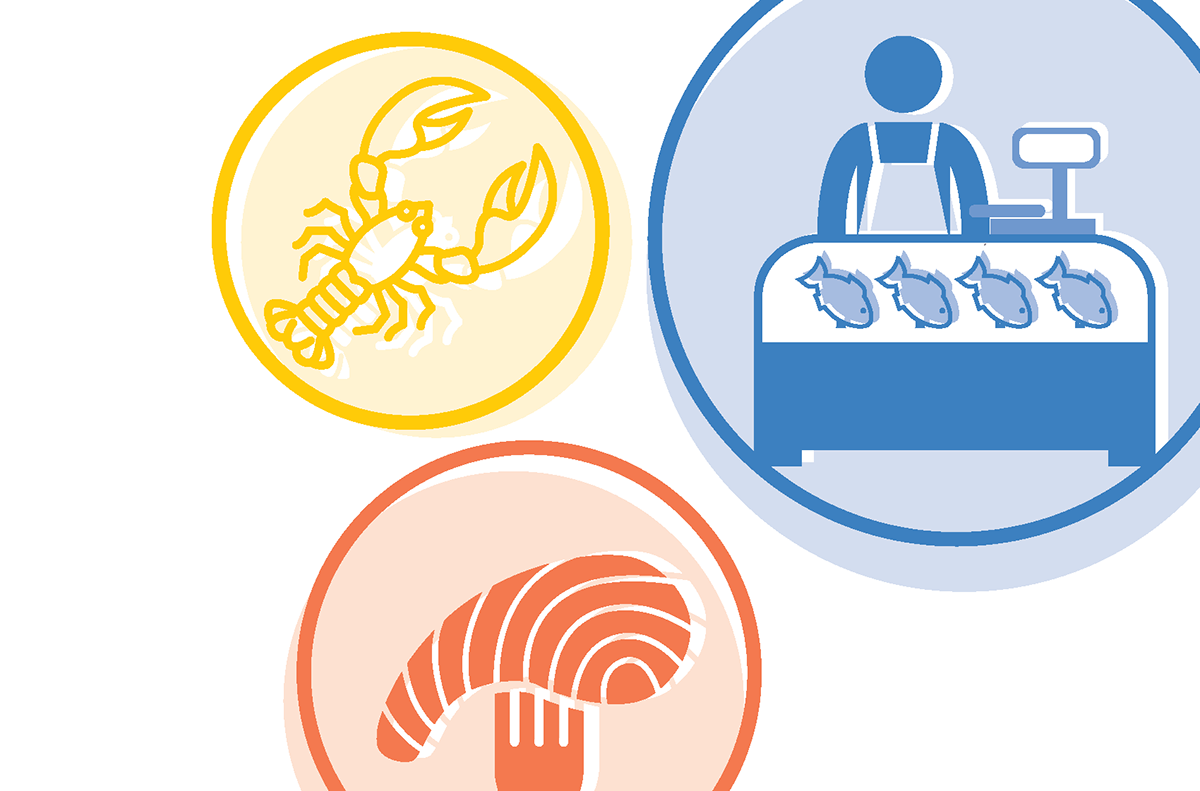By: Kelli Windsor, Director, Digital Communications, FMI

During oppressively hot and humid summer afternoons, my family likes to indulge in movie trilogies. We recently revisited the classic Lord of the Rings for the umpteenth time. The obsession of the gold ring in the series always gets to me—how can it be that alluring? The answer is control. The Ring of Sauron represents pure control over everything. That’s why characters are drawn to it so intensely and that’s why there is a whole quest and four movies to tell the story. It’s really the story of control.
Now, please indulge me as I weave this story back around to my favorite subject—grocery shopping. Our U.S. Grocery Shopper Trends 2022 series explores the food shoppers’ journey and our latest report, Future Outlook, includes some food for thought findings for food retailers and suppliers. One of these insights is about control. When it comes to how shoppers get food, the idea of control plays heavily. As we learned in our Navigating a Hybrid World report, shoppers factor control into their decision-making process for procuring food.
Here's how this is playing out. Frodo needs to do his weekly grocery shopping, but he’s short on time, so he decides to shop online. Frodo’s cart is filled with lots of shelf-stable items, maybe some soda and perhaps even some dairy or frozen items for his family. But (dramatic pause) Frodo suddenly remembers that one time he ordered bananas online and the ones delivered were too green for his liking. Without the ability to see the fresh produce and meat items or give proper instructions to a virtual shopper, Frodo elects to maintain as much control as possible and orders only certain groceries online. He reserves the right to pick out other items in person when he goes to the store for his online order pickup. It might seem a bit convoluted, but for Frodo it’s the best of both worlds.
Now, Sam, on the other hand, has more comfort with his store’s online grocery shopping. Sam’s store has a virtual shopper that often sends him a text message with banana options and let’s Sam give input in the selection. Ordering online, Sam can give parameters for the poundage and price point he’d like on certain meat cuts. Sam feels he has control over his online grocery shopping experience, so he doesn’t pair it with a trip to the store and instead opts for home delivery.
Frodo and Sam are the story of two sides of the same coin—both want control, but each has found a different path. For retailers, the lesson of control is important. If your shoppers feel like they are in control over their online AND in-store shopping experiences, then you’re giving them the best of both worlds and appealing to the widest segment of hybrid shoppers.
Just something to consider while watching summer trilogies.

 Industry Topics address your specific area of expertise with resources, reports, events and more.
Industry Topics address your specific area of expertise with resources, reports, events and more.
 Our Research covers consumer behavior and retail operation benchmarks so you can make informed business decisions.
Our Research covers consumer behavior and retail operation benchmarks so you can make informed business decisions.
 Events and Education including online and in-person help you advance your food retail career.
Events and Education including online and in-person help you advance your food retail career.
 Food Safety training, resources and guidance that help you create a company food safety culture.
Food Safety training, resources and guidance that help you create a company food safety culture.
 Government Affairs work — federal and state — on the latest food industry policy, regulatory and legislative issues.
Government Affairs work — federal and state — on the latest food industry policy, regulatory and legislative issues.
 Get Involved. From industry awards to newsletters and committees, these resources help you take advantage of your membership.
Get Involved. From industry awards to newsletters and committees, these resources help you take advantage of your membership.
 Best practices, guidance documents, infographics, signage and more for the food industry on the COVID-19 pandemic.
Best practices, guidance documents, infographics, signage and more for the food industry on the COVID-19 pandemic.
